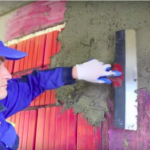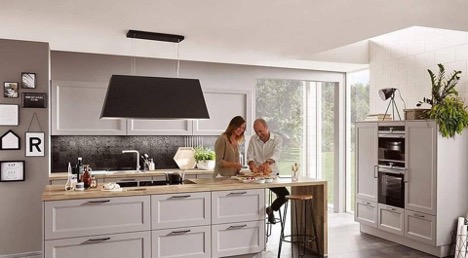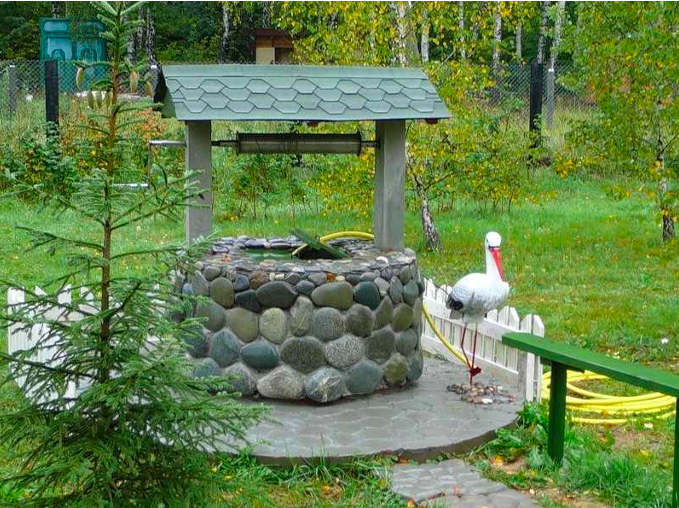Expanded clay as sound insulation: what is it for, its properties and characteristics
Expanded clay – a material with a wide range of applications in the construction industry. However, its soundproofing properties make it especially valuable for creating a comfortable sound environment in rooms. In this article we will consider in detail how expanded clay can be used for sound insulation, its main characteristics and properties.
The content of the article
Features of the material
The properties and composition of expanded clay make it an attractive choice for construction and sound insulation. This material is made from baked clay. This gives it a porous structure and light weight. The porosity of expanded clay promotes the absorption of sound waves, making it an excellent soundproofing material.
Expanded clay is also highly durable and durable. This factor makes it a reliable choice for construction. Its lightweight design makes it easy to transport and install, reducing labor costs and turnaround time.
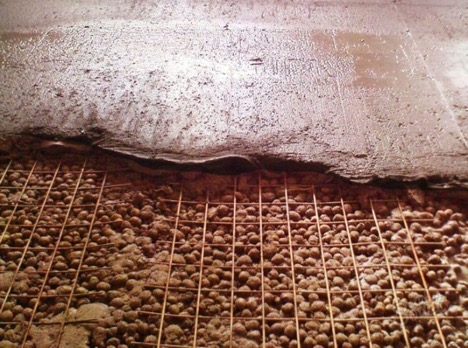
Main characteristics
The characteristics of expanded clay gravel include not only its soundproofing properties, but also its thermal insulation. It also has the ability to be hygroscopic and compact. These properties make expanded clay a universal material for various construction tasks.
Expanded clay is also an environmentally friendly material. This is important in modern conditions of the desire to create environmentally friendly and sustainable buildings.
Application of expanded clay: what is it for?
Expanded clay is mainly used for soundproofing floors, walls and ceilings. It can be used as a filler for floors. It has also proven itself well as the main material for soundproofing panels.
Expanded clay also finds application in the production of lightweight concrete structures. This is due to its ability to reduce the weight of the structure without losing strength.
Benefits for sound insulation
Noise and sound insulation of floors with expanded clay is an effective and cost-effective way to improve the acoustic comfort in a room. Expanded clay as a soundproofing material has an excellent ability to absorb sound waves. It also prevents them from penetrating the building structure.
Expanded clay's ability to absorb sound makes it an excellent solution for sound insulation in apartment buildings. After all, noise there can create inconvenience for residents.
Technical aspects
The hygroscopicity and compaction of expanded clay affect its effectiveness as a soundproofing material. Proper compaction of expanded clay during installation helps maintain its soundproofing properties for a long time.
It is also important to note that expanded clay is not subject to rotting and does not attract moisture, which increases its durability and resistance to moisture.
Comparison with other materials
Comparison of shungizite and expanded clay: what is the difference? Shungizite is a heavier and more expensive material, but it also has good soundproofing properties.Depending on the budget and specific requirements for the project, you can choose the most suitable material.
Expanded clay is a more affordable and lightweight option, which may be preferable for some construction tasks and specific conditions.
Disadvantages of the material
Like any building material, expanded clay has its drawbacks. Disadvantages and qualities of expanded clay include its relative fragility and the potential for reduced sound insulation effectiveness if not installed or compacted correctly.
It is also important to consider that expanded clay may require additional processing to achieve better soundproofing properties, depending on the specific project.
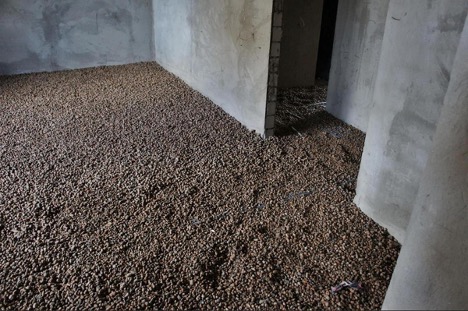
Expanded clay products: what can be made
Expanded clay is a universal building material, which, due to its unique properties, has found wide application in various fields. Its lightness, strength, environmental safety and excellent sound insulation properties make it a popular material not only in construction, but also in other fields. Let's look at what products can be created from expanded clay.
Construction Materials:
- Expanded clay blocks and panels are widely used for the construction of walls and partitions. They are light, durable and have excellent heat and sound insulation.
- Expanded clay is often used as a filler for lightweight concrete, which reduces the weight of structures without compromising their strength.
- Due to its soundproofing properties, expanded clay panels are used to make noise protection panels.
Landscape design
Expanded clay can be used to create various landscape design elements, such as:
- the lightness of expanded clay and its pleasant appearance make it an excellent choice for creating decorative elements on the site;
- Due to its porous structure, expanded clay can be used to create effective drainage systems.
Decoration Materials
Expanded clay can also be used as a finishing material for interiors and facades of buildings. For example:
- You can create beautiful and unique surfaces using expanded clay as a decorative element.
- Expanded clay panels can be used for cladding building facades, providing not only an aesthetically attractive appearance, but also additional heat and sound insulation.
Expanded clay is not only functional, but also an aesthetically attractive material that can be used to create many useful and beautiful products. Its application is limited only by your imagination and the technical requirements of the project.


